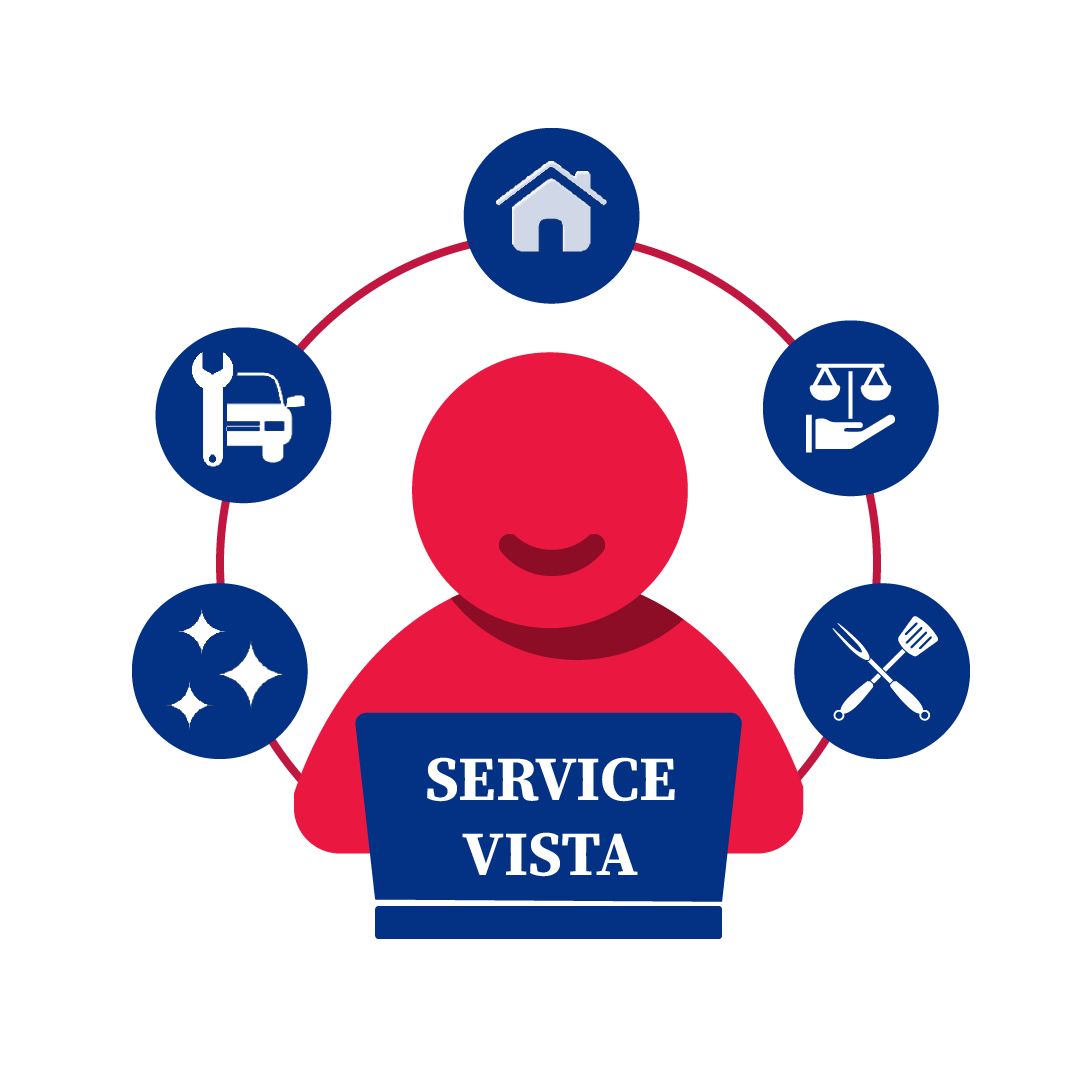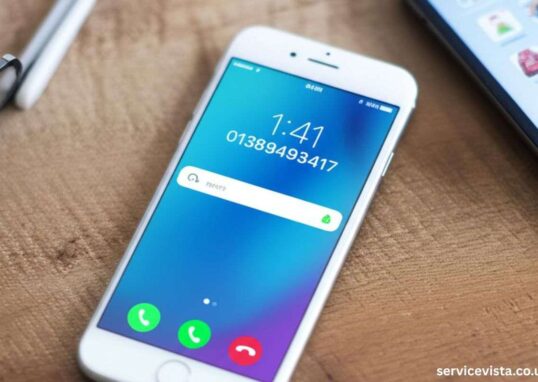
Have you recently received a call from 0161 968 7065? If so, you’re likely wondering who’s on the other end of the line and whether you should be concerned. This comprehensive guide dives deep into what you need to know about this particular phone number, helping you understand its potential origins, associated scams, and how to protect yourself from unwanted calls. Let’s unravel the mystery behind this Manchester area code and equip you with the knowledge to handle such calls with confidence.
Receiving unsolicited calls can be unsettling, especially when you don’t recognise the number. It’s natural to feel a mix of curiosity and apprehension. This article aims to provide clarity and peace of mind by offering a detailed overview of the 0161 968 7065 phone number, empowering you with the information you need to make informed decisions about answering or blocking it. We’ll explore common scams associated with unknown numbers and practical steps you can take to safeguard your personal information.
Understanding the 0161 Area Code
The 0161 area code is designated for Manchester and its surrounding areas in the United Kingdom. It’s a heavily populated region with a mix of residential and commercial activities. Therefore, a call from this area code could originate from a variety of sources, ranging from legitimate businesses and government offices to potential scammers and nuisance callers. Knowing this geographical context is the first step in assessing the nature of the call.
Manchester, as a major metropolitan area, is a hub for various industries, including finance, technology, and customer service. Many companies operate call centers in this region, making it a common origin for sales calls, marketing surveys, and customer support inquiries. However, the anonymity offered by phone calls also makes it an attractive avenue for fraudulent activities. Therefore, vigilance is key when receiving calls from unknown numbers, even those with seemingly familiar area codes.
Possible Origins of Calls from 0161 968 7065
Legitimate Businesses
Many legitimate businesses use phone numbers within the 0161 area code for their operations. These could include local shops, service providers, or even larger companies with offices in Manchester. If you’ve recently interacted with a business in the area, such as requesting a quote or making an inquiry, the call could be a follow-up from them. It’s always a good idea to consider any recent interactions you’ve had with businesses in Manchester before dismissing the call as spam.
Customer service departments, sales teams, and marketing agencies often use local numbers to connect with potential and existing customers. These calls might be related to special offers, appointment reminders, or feedback requests. While these calls are legitimate, they can still be unwanted if you’re not interested in the services being offered. In such cases, you have the right to ask the caller to remove you from their call list, which they are legally obligated to do.
Scam Calls and Fraudulent Activities
Unfortunately, a significant number of calls from unknown numbers, including 0161 968 7065, can be linked to scams and fraudulent activities. Scammers often use spoofing techniques to disguise their actual location and make the call appear to be coming from a legitimate source. These scams can range from phishing attempts to extract personal information to outright fraud aimed at stealing money. According to recent reports, the UK has seen a surge in phone scams, with millions of people falling victim to these deceptive practices each year.
Common scam scenarios include pretending to be from a government agency, such as HMRC (Her Majesty’s Revenue and Customs), claiming that you owe unpaid taxes and threatening legal action if you don’t pay immediately. Another prevalent scam involves impersonating a bank or financial institution, warning you about suspicious activity on your account and asking for your login details or card information. These tactics are designed to create a sense of urgency and panic, leading you to make hasty decisions without thinking clearly. Always be wary of any unsolicited call that demands immediate action or requests personal or financial information.
Nuisance Calls and Marketing Spam
Even if a call isn’t outright fraudulent, it can still be a nuisance. Many companies engage in unsolicited marketing calls, often using automated dialers to reach a large number of people. These calls can be disruptive and annoying, especially if they occur frequently or at inconvenient times. While these calls may not be illegal, they can still be a violation of your privacy and peace of mind. The Information Commissioner’s Office (ICO) in the UK regulates such practices and provides guidelines on how to report unwanted marketing calls.
Moreover, some individuals or organizations may engage in prank calls or other forms of harassment using phone numbers like 0161 968 7065. While these calls may not always be malicious, they can still be distressing and disruptive. If you experience repeated nuisance calls, it’s important to document the dates, times, and any details of the calls, as this information may be useful if you decide to report the issue to the authorities or your phone service provider.
Common Scams Associated with Unknown Numbers
Phishing Scams
Phishing scams are among the most common types of phone fraud. Scammers attempt to trick you into divulging sensitive information, such as your bank details, passwords, or National Insurance number, by posing as a legitimate organization. They may claim there’s an issue with your account, a problem with a recent transaction, or an urgent need to verify your identity. The goal is to obtain your personal information, which they can then use for identity theft or financial fraud. Always be skeptical of any unsolicited call that asks for your personal information, and never provide such details over the phone unless you initiated the call and are certain of the recipient’s identity.
For instance, a scammer might call pretending to be from your bank, claiming that your account has been compromised and asking you to confirm your security details. They might even provide a fake website or phone number for you to call back, further reinforcing their credibility. However, legitimate banks will never ask for your full password or PIN over the phone. If you receive such a call, hang up immediately and contact your bank directly using the official phone number listed on their website or on your bank statements.
HMRC Impersonation
HMRC impersonation scams are particularly prevalent in the UK. Scammers pose as representatives from HMRC, claiming that you owe unpaid taxes and threatening you with arrest or legal action if you don’t pay immediately. They often use aggressive and intimidating tactics to pressure you into making a payment, and they may ask you to pay using unconventional methods, such as gift cards or cryptocurrency. These scams are designed to exploit people’s fear of authority and their desire to avoid legal trouble. According to a recent report by Which?, HMRC impersonation scams cost UK residents millions of pounds each year.
It’s important to remember that HMRC will never contact you by phone to demand immediate payment or threaten you with arrest. They typically communicate through official letters or secure online portals. If you receive a suspicious call claiming to be from HMRC, do not provide any personal or financial information. Instead, hang up and contact HMRC directly using the official phone number on their website to verify the legitimacy of the call. You can also report the scam to Action Fraud, the UK’s national fraud and cybercrime reporting center.
Tech Support Scams
Tech support scams involve scammers pretending to be from a well-known tech company, such as Microsoft or Apple, and claiming that your computer has a virus or other technical issue. They may ask you to grant them remote access to your computer to “fix” the problem, but in reality, they’re installing malware or stealing your personal information. They may also try to sell you unnecessary software or services to further defraud you. These scams often target vulnerable individuals who may not be tech-savvy and are easily intimidated by technical jargon.
If you receive an unsolicited call from someone claiming to be tech support, do not grant them remote access to your computer or provide any personal information. Legitimate tech companies will never contact you out of the blue to report a problem with your computer. If you suspect that your computer has a virus or other technical issue, contact a reputable tech support company directly or take your computer to a local repair shop. You can also use antivirus software to scan your computer for malware and other threats. Before seeking help with any tech-related issues, it’s always wise to do some research to ensure you’re dealing with a trustworthy provider. Speaking of which, if you need assistance with your business’s online presence, consider looking into reputable local SEO services to help you get started.
Protecting Yourself from Unwanted Calls
Do Not Answer Unknown Numbers
One of the simplest and most effective ways to protect yourself from unwanted calls is to avoid answering numbers you don’t recognize. If the call is legitimate, the caller will likely leave a voicemail message explaining the purpose of their call and providing contact information. You can then decide whether or not to return the call based on the message. However, be cautious of voicemail messages that sound too good to be true or that pressure you to take immediate action. Always verify the caller’s identity and legitimacy before providing any personal or financial information.
If you do accidentally answer an unknown number, avoid engaging in conversation or providing any personal information. Simply hang up as soon as you realize that the call is unsolicited or suspicious. Do not press any buttons or follow any instructions, as this could potentially expose you to further scams or add your number to a list of potential targets. The less you interact with these callers, the less likely they are to continue targeting you in the future.
Register with the Telephone Preference Service (TPS)
The Telephone Preference Service (TPS) is a free service that allows you to opt out of receiving unsolicited sales and marketing calls. By registering your phone number with the TPS, you can significantly reduce the number of unwanted calls you receive from legitimate businesses. While the TPS won’t block calls from scammers or overseas companies, it can help to reduce the overall volume of nuisance calls you receive. It is a legal requirement for companies to check the TPS register before making marketing calls, and those who fail to do so can face fines.
Registering with the TPS is a simple and straightforward process. You can do it online through the TPS website or by calling their registration hotline. You’ll need to provide your phone number and address, and the registration typically takes effect within 28 days. It’s important to note that the TPS only applies to marketing calls from UK-based companies. It won’t block calls from overseas or from companies that are not adhering to the regulations. However, it’s still a valuable tool for reducing the number of unwanted calls you receive.
Use Call Blocking Apps and Devices
Several call blocking apps and devices are available that can help you to identify and block unwanted calls. These apps use various techniques, such as crowdsourced databases and advanced algorithms, to identify potential spam calls and block them automatically. Some apps also allow you to manually block specific numbers or report suspicious calls to help improve the accuracy of their databases. These apps can be particularly useful for blocking persistent nuisance callers or scammers who frequently change their phone numbers.
Popular call blocking apps include Truecaller, Nomorobo, and Hiya. These apps are available for both iOS and Android devices and offer a range of features, such as caller ID, spam detection, and automatic call blocking. Some apps also offer premium features, such as reverse phone lookup and voicemail transcription. In addition to apps, there are also call blocking devices that you can connect to your landline phone. These devices work in a similar way to call blocking apps, using databases and algorithms to identify and block unwanted calls. For maintaining your property, you can also hire handyman in Manchester who can help you with all kinds of house work.
Report Scam Calls
Reporting scam calls is crucial to help protect yourself and others from becoming victims of fraud. By reporting these calls to the appropriate authorities, you can help to raise awareness of the latest scam tactics and prevent scammers from targeting more people. In the UK, you can report scam calls to Action Fraud, the national fraud and cybercrime reporting center. Action Fraud works with law enforcement agencies to investigate and prosecute scammers, and your report can help them to build a stronger case against these criminals.
When reporting a scam call, provide as much detail as possible, including the date, time, and phone number of the call, as well as any information you have about the caller or the nature of the scam. You can also report the call to your phone service provider, who may be able to block the number or take other measures to prevent further calls. Additionally, consider sharing your experience with friends and family to warn them about the scam and encourage them to be vigilant.
Conclusion
Receiving a call from 0161 968 7065 doesn’t automatically mean you’re being targeted by a scammer, but it’s essential to exercise caution. By understanding the potential origins of these calls, recognizing common scam tactics, and taking proactive steps to protect yourself, you can significantly reduce your risk of becoming a victim of fraud. Remember to never provide personal or financial information over the phone unless you initiated the call and are certain of the recipient’s identity. Stay informed, stay vigilant, and protect yourself from the ever-evolving threat of phone scams.
Ultimately, staying informed and proactive is the best defense against unwanted and potentially harmful phone calls. The digital landscape is constantly changing, and so are the tactics used by scammers. By keeping up-to-date with the latest scam trends and sharing your knowledge with others, you can help to create a safer and more secure environment for everyone. So, the next time you receive a call from an unknown number, take a moment to pause, assess the situation, and protect yourself from potential harm.




